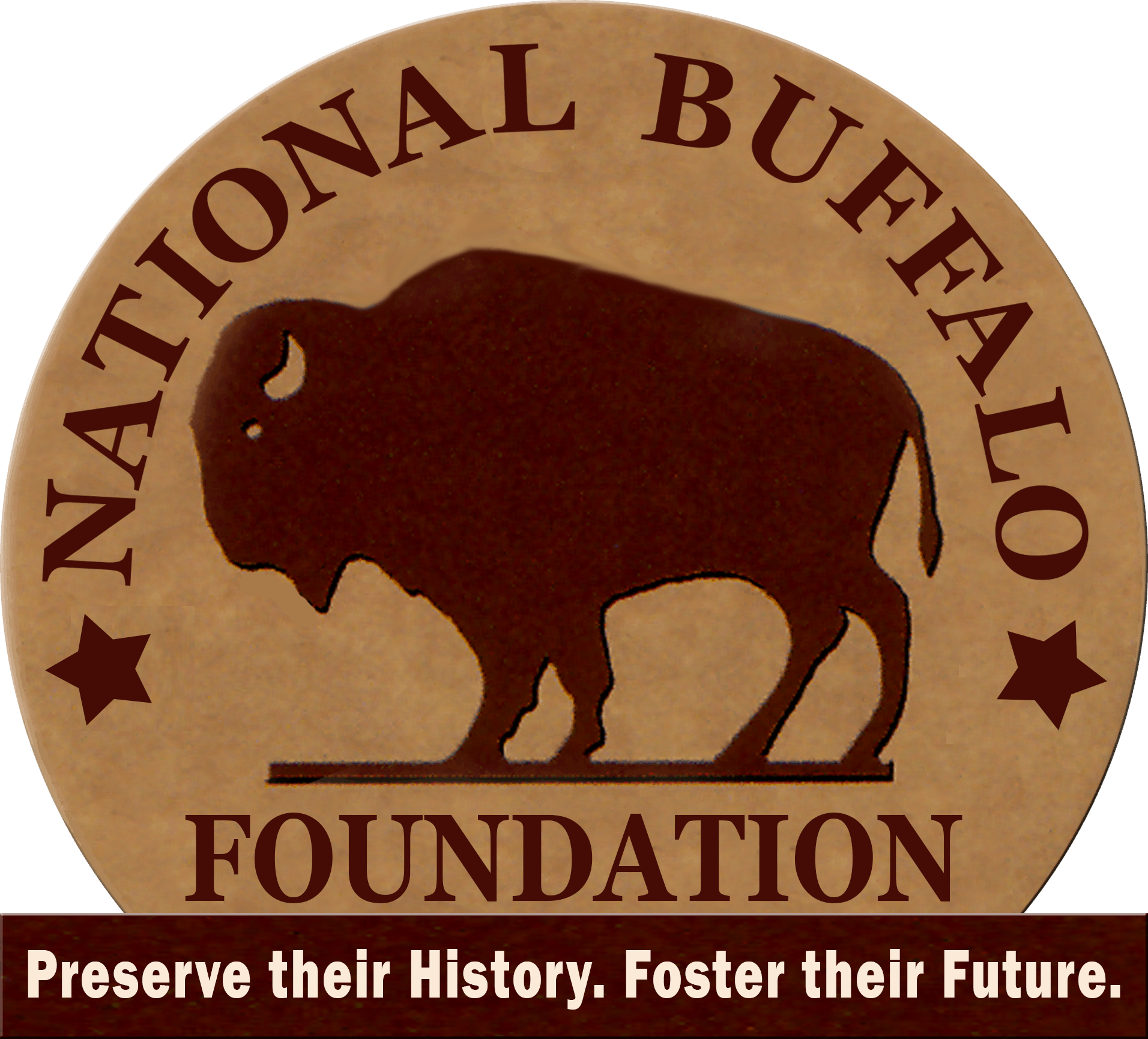Former CNN mogul Ted Turner is at least as well known for his philanthropy, including as a strong conservation advocate, as he is for being a bold, resilient businessman. Foundations established by Turner include the Turner Endangered Species Fund and Captain Planet Foundation. He also owns the largest private bison herd in the world. During a Bozeman Chronicle interview in October 2011, he said he’d come to Montana back in 1989 “mainly to go fishing.” He had not intended to buy the 113,000-acre Flying D Ranch near Yellowstone Park, sell off its cattle, and fill it with American bison.
Turner Enterprises Inc. began buying bison descendants of Philips’ herd in 1990s and now manages more than 51,000 head of bison on 15 Turner Ranches in seven states. At one time it was estimated Turner owned 11 percent of the world’s bison population.
Turner Ranches supplies bison meat to more than 40 Ted’s Montana Grill restaurants.
Turner has demonstrated the same vision and dedication to the bison’s future as the earliest conservation pioneers, sharing with them at times that same controversial combination of business savvy and philanthropy. The governor of Montana requested Turner temporarily set aside enough acres to quarantine 80 Yellowstone bison for a period of five years as part of a brucellosis study, allowing Turner to keep 75 percent of the offspring of the National Park’s herd produced during that period. These highly valued calves are direct descendants of the last, free-ranging bison of the millions that had once roamed freely across America. Although some objected to private ownership of what they believed should be considered public animals, courts ruled in Turner’s favor. It is somewhat fitting that it was business very much like Turner who originally recognized the bison’s imminent extinction and took action to capture and preserve them. Some of those first bison that the early ranchers captured were returned for reintroduction by Park authorities, joining the two dozen or so individuals that had managed to survive on their own.
Just so, Turner has continued to play an enormous role in the bison’s preservation long after his 2007 induction to the Hall of Fame. One example is the release of a vaccine to treat bison-specific Mycoplasma bovis. To date, no one is certain how the pathogen came to be or where it originated. It appeared suddenly in a 2001 outbreak in a Saskatchewan bison herd. The affected bison had severe pneumonia with arthritis that was eventually attributed to strains of Mycoplasma unique to bison. Exposure to Mycoplasma quickly reached epidemic proportions. It worked its way south, with some U.S. ranchers reporting mortality rates of 50 percent or more. In 2007 Turner Ranches reported the loss of 380 breeding female bison in a Nebraska herd and 520 breeding females from a Montana herd.
Turner Ranches’ teamed up with local veterinarians, university and government agencies and Newport Laboratories, a private research facility in Minnesota. Newport Laboratories identified several Mycoplasma strains in the samples and then created autogenous (self-generated) biologics to vaccinate against them.
In April 2014, Turner Enterprises put the National Bison Association in charge of a nationwide distribution of the first-ever M. bovis vaccine made specifically for bison.





0 Comments